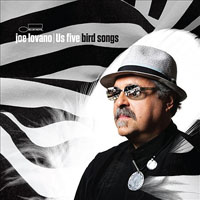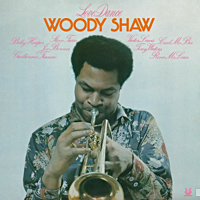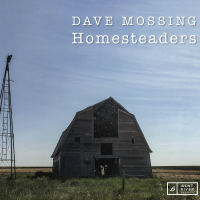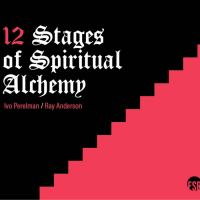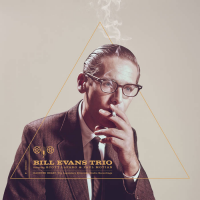Home » Jazz Articles » Album Review » Joe Lovano / Us Five: Bird Songs
Joe Lovano / Us Five: Bird Songs
Lovano and his Us Five band cover tunes that "Bird" penned and played, forever changing the shape of jazz. Many of these tunes started as improvisations, evolving into test pieces or shredding grounds for beginners and pros alike. Lovano's technique impresses regardless of context, but Bird Songs flexes much more than his fingers. Lovano deconstructs Parker's angular melodies and plucks them out of well-worn settings: a turnaround phrase on "Passport" morphs into an insistent Latin vamp; "Ko Ko" is fractured across keys and tempos; and "Donna Lee" is spun into a spacious ballad, while "Moose the Mooche" elongates into a playful stomp.
These wide-open interpretations leave plenty of room for Us Five's empathic interplay and arresting solos. Otis Brown III and Francisco Mela both play drums, weaving a polyrhythmic tapestry that adds complexity without overwhelming the mix. Pianist James Weidman strolls over off-beats on fast numbers like "Passport," while channeling Bach and Bill Evans in lucid, reflective lines on "Lover Man." Bassist Esperanza Spalding is a subtle, sensitive and swinging presence throughout, with solos on "Lover Man" and "Dewey Square" spilling over with ideas. Spalding and the rest of Us Five know when to reinforce and when to react—no mean task, next to the group's endlessly imaginative leader.
From straight-ahead bop on "Passport" to rich, cloudy roulades during a hymn reading of "Yardbird Suite," Lovano combines the harmonic and rhythmic audacity of modern jazz with the warmth and directness of the music's early days. Humor and curiosity mark even passing phrases. His gauzy, pulsating tenor sax is featured on most tunes, yet he indulges in Jackson Pollock abandon playing the twin-horn aulochrome on "Birdyard," its spiky lines and acrid harmonics flowing as easily as the rounded, sonorous tones he sings on mezzo soprano sax for "Lover Man." There may be few obstacles for a player of this caliber, yet Lovano continually challenges both himself and his colleagues.
How do you honor someone who gave the world such original, exciting music? By returning the favor. Bird Songs is a fitting tribute to an artist who never wanted to play something the same way twice.
Track Listing
Passport; Donna Lee.; Barbados; Moose the Mooche; Loverman; Birdyard; Ko Ko; Blues Collage (Carvin' the Bird-Bird Feathers-Bloomdido); Dexterity; Dewey Square; Yardbird Suite.
Personnel
Joe Lovano
drumsJoe Lovano: saxophones; James Weidman: piano; Esperanza Spalding: bass; Otis Brown III: drums; Francisco Mela: drums.
Album information
Title: Bird Songs | Year Released: 2011 | Record Label: Blue Note Records
Tags
PREVIOUS / NEXT
Joe Lovano Concerts
Support All About Jazz
 All About Jazz has been a pillar of jazz since 1995, championing it as an art form and, more importantly, supporting the musicians who make it. Our enduring commitment has made "AAJ" one of the most culturally important websites of its kind, read by hundreds of thousands of fans, musicians and industry figures every month.
All About Jazz has been a pillar of jazz since 1995, championing it as an art form and, more importantly, supporting the musicians who make it. Our enduring commitment has made "AAJ" one of the most culturally important websites of its kind, read by hundreds of thousands of fans, musicians and industry figures every month.


